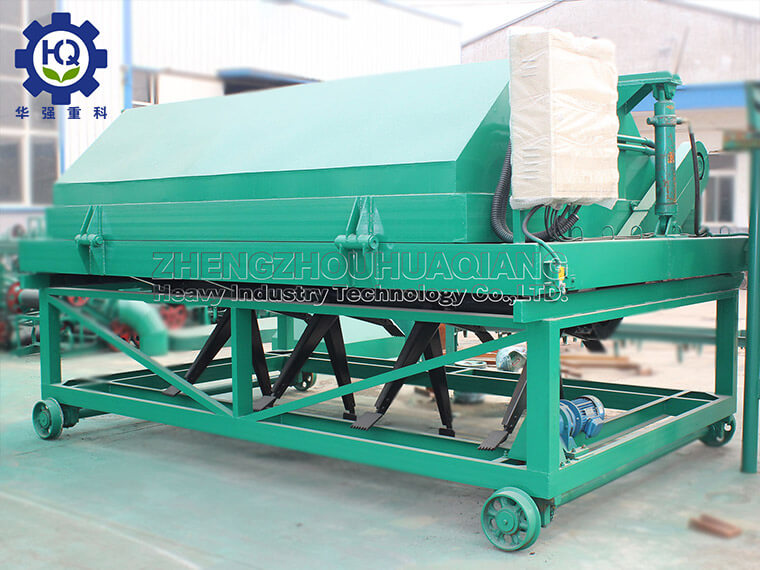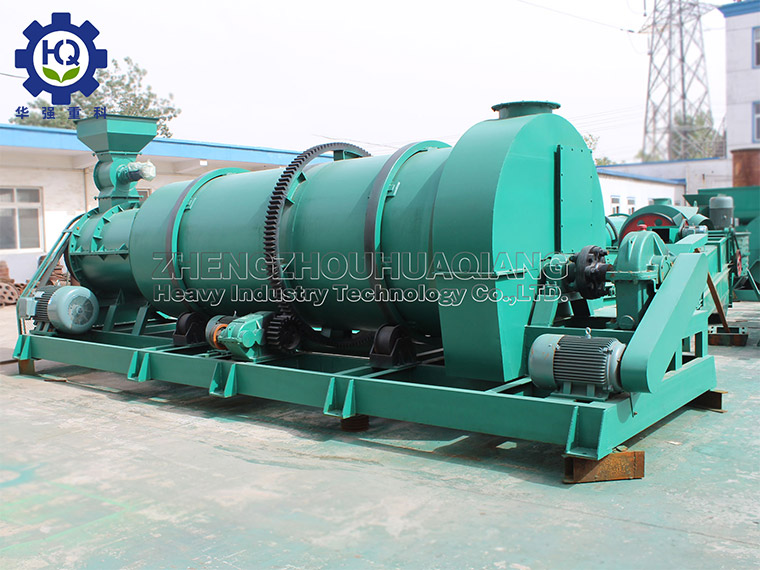Deodorization methods in the granulation process of organic fertilizer production line
Organic fertilizer production line is used to produce organic fertilizer, organic waste, sludge, straw, sawdust, food processing waste and other materials accumulated in a place for a long time, will produce a variety of odor. These wastes are processed by organic fertilizer manufacturing process, and become valuable organic fertilizer, contributing to the agricultural cause.
In the manufacturing of NPK fertilizer, fertilizer plants often carry out secondary granulation. The application of organic-inorganic compound fertilizer not only controls the balanced supply of nutrients, but also controls the stable release of nutrients. It plays a role of balanced fertilization in both horizontal and vertical directions of nutrients, and can improve the utilization rate of nutrients. Granular fertilizer treated by rotary granulator is better than inorganic fertilizer in comprehensive utilization of nutrients.
How does the organic fertilizer equipment deodorize these organic wastes? Here is a brief introduction.
There are many ways to eliminate odor, such as 1. Adsorption method; 2. Air dilution method; 3. Ozone oxidation method; 4. Masking method; 5. Chemical treatment method; 6. Water washing method; 7. Combustion method; and plasma and biological deodorization method.

The above methods are all one of the deodorization methods in the organic fertilizer manufacturing process. The methods used in each organic fertilizer production line are different, and each method has its own deodorization method and system. In the process of producing organic fertilizer, it is necessary to use compost turning machine for fermentation treatment, so that these materials can get rid of odor and harmful substances through deodorization system. Therefore, the deodorization system of organic fertilizer production line is an indispensable detail.
.jpg)

.jpg)





.jpg)